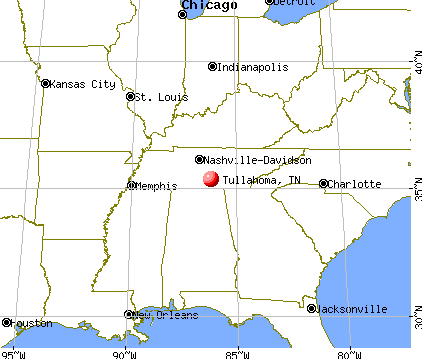

The Women's Christian Temperance Union (WCTU) and Anti-Saloon League became powerful voices, in Tennessee and nationally, for social change. Newspapers and journals devoted to the cause were published in Maryville, Tullahoma, and Nashville. In 1829, citizens in Kingsport and Nashville organized fellowships. Tennessee's first societies appeared early in the movement. Support increased, and temperance societies sprang up in hundreds of communities nationwide. Before long, however, temperance came to mean total prohibition. Agrarian interests and industrial leaders argued that moderation or abstinence would improve work habits. They preached that by avoiding the moral evil of alcohol, believers would be better prepared for eternal life. Protestant churches especially embraced the idea. The American temperance movement began in the late 1820s and had its roots in religious and capitalist thought.

Early in the movement, it could mean moderation in or abstinence from drinking alcoholic beverages. In this exhibit, the word "temperance" refers to a range of positions. On January 16, 1920, the day National Prohibition passed into law, a Nashville newspaper reported that "burlesque funeral services will be held over the dead body of John Barleycorn." At this meeting of the local Kiwanis Club, an "alarm clock will be set to ring at the end of the services, sounding the death knell of John Barleycorn" (the name John Barleycorn personifies alcoholic beverages made from barley and corn, such as beer and whiskey). Streetcar on Buchanan Street with a broadside advertising a temperance meeting at the Ryman Auditorium, Nashville, Tennessee, June 28, 1907


 0 kommentar(er)
0 kommentar(er)
